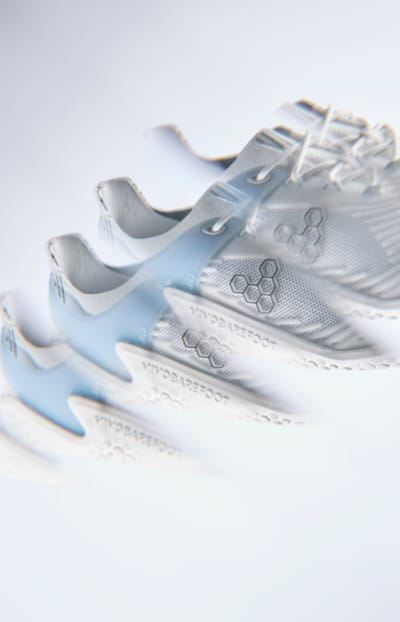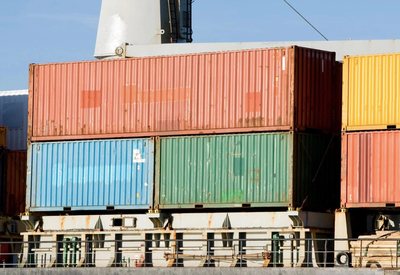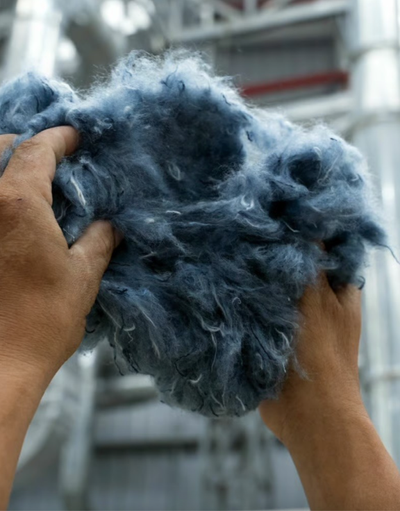Stella McCartney has officially launched the highly anticipated S-Wave Sport Trainer globally, marking a significant milestone in sustainable luxury footwear. This latest innovation is part of the brand’s Autumn 2025 collection and features a groundbreaking sole made with BioCir® Flex—an eco-conscious material developed by biotechnology firm Balena.
BioCir® Flex is a high-performance, plant-based alternative to conventional plastics. Fully compostable, recyclable and non-toxic, the material offers the same durability as TPU with the flexibility of rubber. It’s also naturally dyed with cinnamon, making it not only environmentally sound but also distinctively scented—a detail that left even McCartney herself stunned.
“My shoe designer came up to me and said, ‘smell the sole’. It’s made of cinnamon waste. It smells of cinnamon. And it's basically 100% plant based, recyclable and biodegradable textile. It's a closed-loop production, so it ensures completely zero waste. It is mind-blowing,” McCartney shared in a recent interview with Vogue.
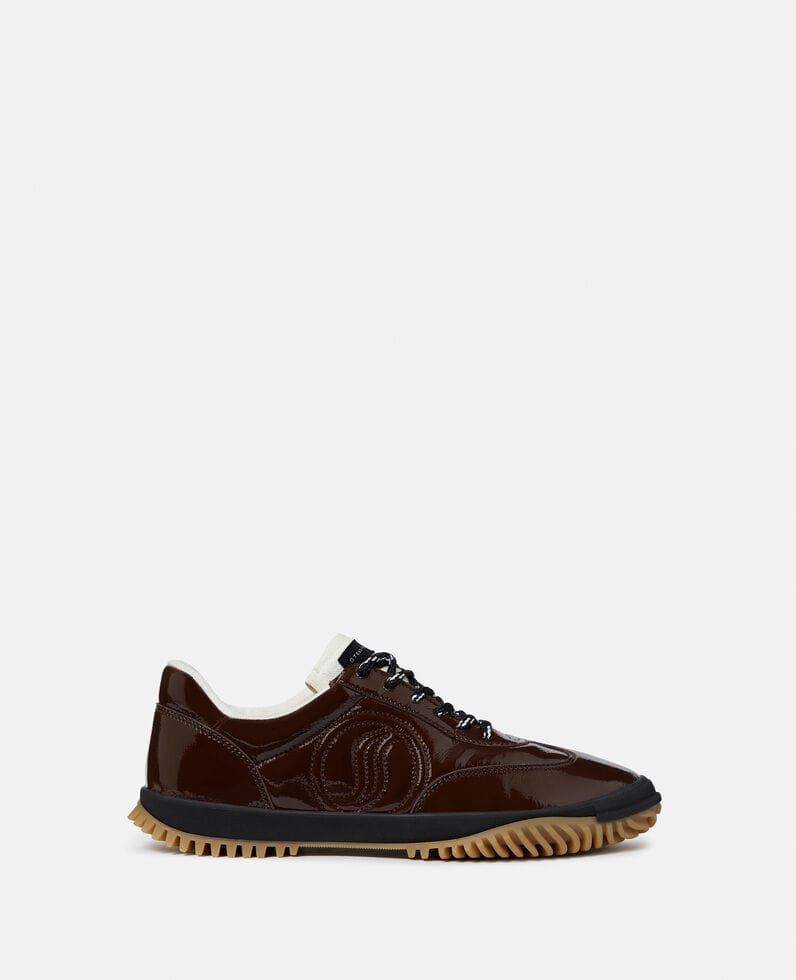
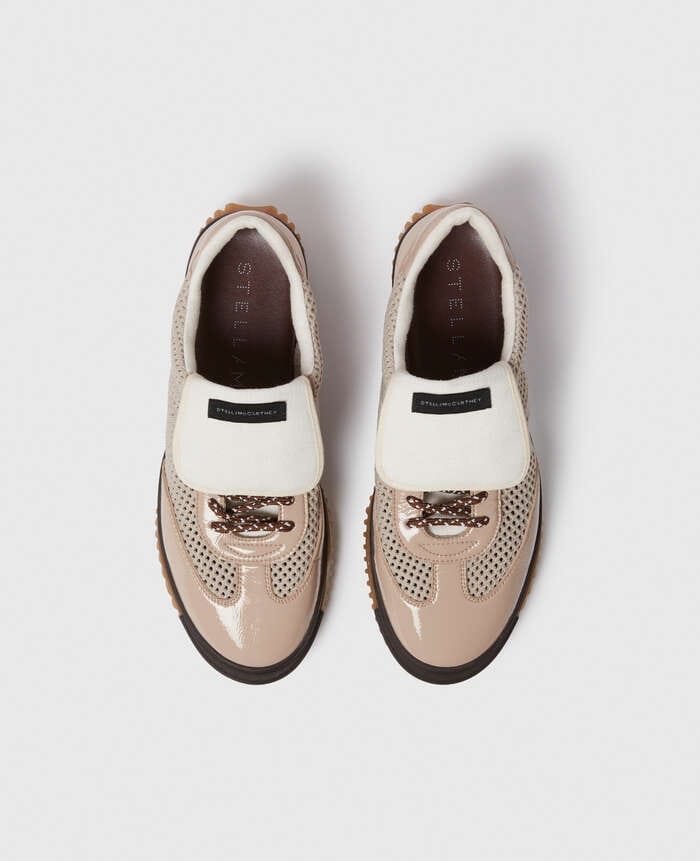
Available now in two colourways via Stella McCartney’s website, the S-Wave Sport Trainer continues the brand’s longstanding mission to push the fashion industry forward through cruelty-free, circular, and cutting-edge design. The trainer embodies a shared vision between Stella McCartney and Balena: fusing innovation and environmental responsibility at every step.
David Roubach, Founder and CEO of Balena Science, described the launch as a defining moment. “This collaboration represents more than just a partnership, it’s a shared commitment to shaping a future where materials are truly circular, sustainable, and high-performance. Seeing BioCir® Flex brought to life in a Stella McCartney design, and now available for consumers worldwide, is a milestone I could only dream of when we began this journey.”
Made from renewable resources such as castor beans, oils and polysaccharides, BioCir® Flex addresses a major environmental issue: the persistence and pollution of synthetic plastics. Unlike conventional materials, it can be industrially composted into renewable biomass or recycled, leaving behind no harmful waste or microplastics.
Shop the sneakers here.



